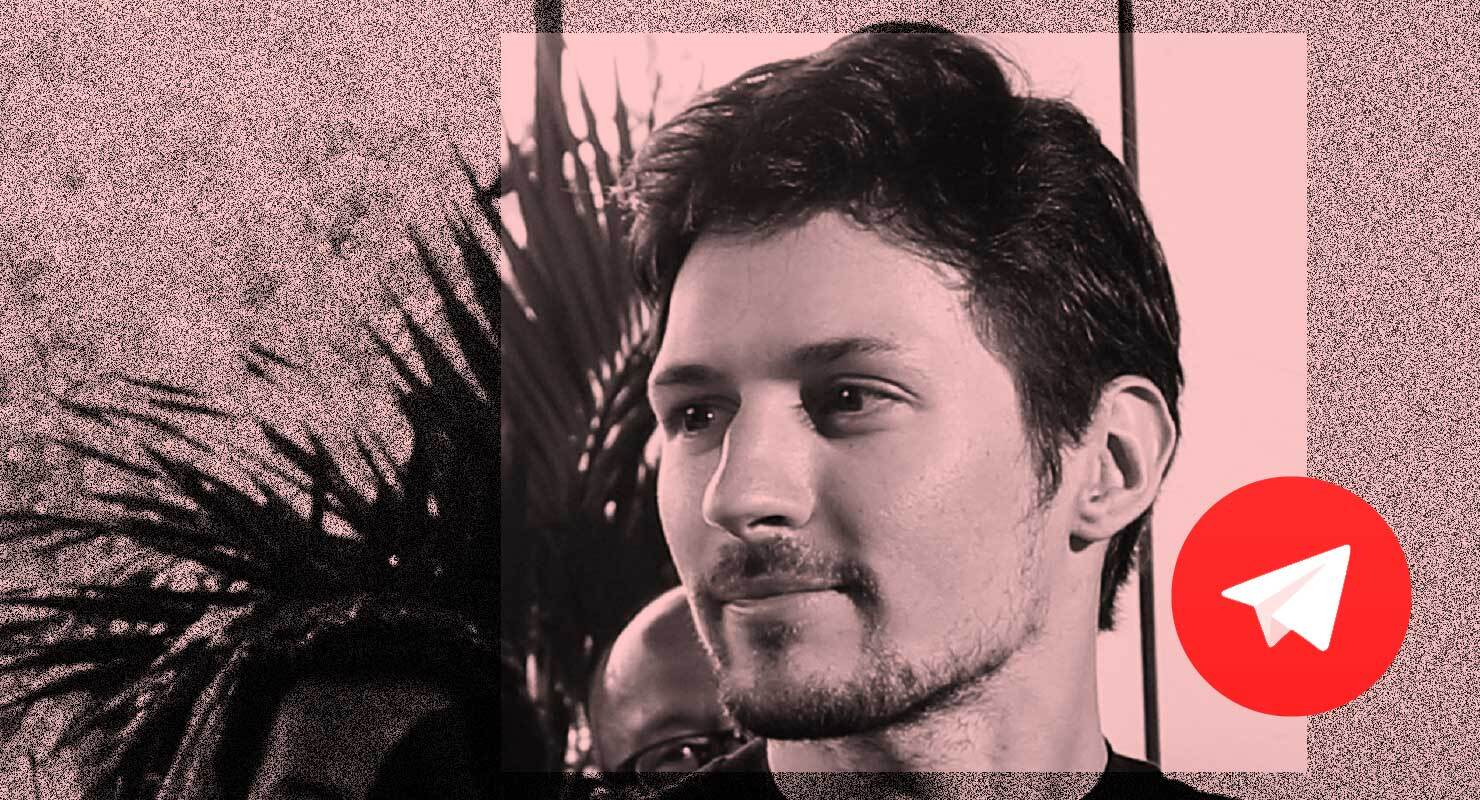- cross-posted to:
- socialist@lemmy.world
- piracy@lemmy.world
- cross-posted to:
- socialist@lemmy.world
- piracy@lemmy.world
Pavel Durov’s arrest suggests that the law enforcement dragnet is being widened from private financial transactions to private speech.
The arrest of the Telegram CEO Pavel Durov in France this week is extremely significant. It confirms that we are deep into the second crypto war, where governments are systematically seeking to prosecute developers of digital encryption tools because encryption frustrates state surveillance and control. While the first crypto war in the 1990s was led by the United States, this one is led jointly by the European Union — now its own regulatory superpower.
Durov, a former Russian, now French citizen, was arrested in Paris on Saturday, and has now been indicted. You can read the French accusations here. They include complicity in drug possession and sale, fraud, child pornography and money laundering. These are extremely serious crimes — but note that the charge is complicity, not participation. The meaning of that word “complicity” seems to be revealed by the last three charges: Telegram has been providing users a “cryptology tool” unauthorised by French regulators.



In all fairness Telegram has unencrypted user data and messages but didn’t turn it over to the authorities. They also allow known criminal activity to thrive.
Most scammers I have seen are operating out of Facebook or Instagram.
What is “most scammers?”
That’s not a useful metric. What is a “scammer?” Also it is probably better to look a scammers per capita
It is very important to mention that you mean end-to-end encryption. The data is stored encrypted when using cloud chat. Nothing (besides phone number what I know) is stored in plain text on Telegram’s servers.
I am not defending Telegram. I am just stating facts.
Negative votes incoming in 3… 2… 1…
In response, it is very important to mention that point-to-point encryption and encryption at rest are next to meaningless with respect to the chat participants’ privacy. They might be relevant to the case against Durov, but they don’t protect against leaks or compromised servers. Please don’t rely on them for your safety.
It isn’t E2EE